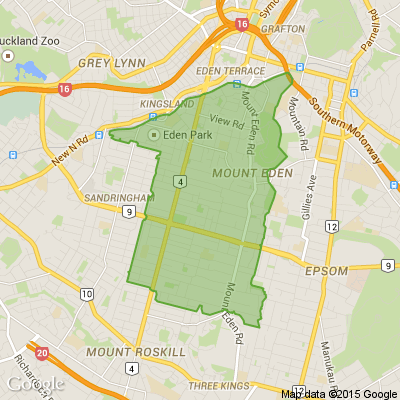Do You Need an Enduring Power of Attorney and What Are They All About?
The brand new Enduring Power of Attorney Forms have just come out from the Ministry of Social Development. Now’s a good time to think about who you would like making decisions for you if you can’t.
Enduring powers of attorney (EPAs) ensure you have the right person looking after your affairs while you are in the land of the living, but not able to make decisions for yourself. EPAs are something that will make it easier for your loved ones to help you if you are incapacitated by illness, an accident and are no longer ‘mentally capable’ of making important decisions for yourself.
Without an EPA put in place while everything is ok, your family would have to go to Court to get the power to make sure your bills get paid, and to make important care decisions for you.
EPAs are a simple document to put in place. Some of the benefits include:
• getting to choose someone you trust and having the chance to talk to them about it now;
• you can provide for them to consult with others before making decisions, or provide someone else with information about the things they do;
• you can have one person who makes decisions for your personal care and welfare, and one or more others who deal with your property.
New, easy to follow EPA forms have just come out, and the Ministry of Social Development’s snazzy looking website Super Seniors has lots more information about EPAs, advice, and the forms themselves. The link is superseniors.msd.govt.nz...
EPAs can be revoked at any time by giving your attorney (the person you appoint) notice, and if you have a temporary period where you are incapacitated, you can take back the reins. Your property EPA can come into force before you are mentally incapable if you want it to e.g. if you would rather not have to worry about paying bills and you have a son or daughter who would happily take care of that for you.
There are other safeguards too in that your attorney’s overriding concern must be the promotion and protection of your welfare and best interests. They must try and encourage you to make your own decisions to the extent you are able and seek your advice where possible.
There are limits to what your attorney can do under an EPA – such as refuse consent to standard medical treatment or a procedure intended to save your life, adopt out your children (whew), or make a decision about your marrying or getting a divorce. If you would like to make decisions now about future medical treatment, say if you are in a serious accident, you can look at doing an Advance Directive, which is a non-binding expression of your wishes that may help your family and doctors making difficult decisions about your care. You can find an example of Advance Directives on the New Zealand Medical Council website.
EPAs have to be signed in front of a lawyer, a suitably qualified legal executive, or an authorised officer of a trustee corporation and that witness needs to give you advice on the effect and implications of the document you are signing.
It’s all pretty straightforward though, and you can even download the forms and advice first so you know exactly what you would like to do before you go and see your lawyer.
Henderson Reeves offers a special package for EPAs (one property and one personal care and welfare for one person $450, or $700 for two people, both plus GST and any disbursements). We also offer great discounts if you are doing EPAs and wills together, and a 10% discount for Super Gold Card members.
Taina Henderson and Shelley Funnell are your local, friendly and entirely mobile lawyers with the backing of a full service law firm of over 30 years standing. We’d love to hear from you.
You can contact us on 09 281 3723, or Taina on 027 537 9222 and Shelley on 027 537 9221.
Dry cleaners mt Roskill
Hello our fellow neighbors I was hoping someone would know where the old dry cleaners we had up at the lights on dominion road have moved to?? I was out of town and when I came back they were gone .... I had some items that I would really love to get back but if only I new where they moved to or how to get In Touch with the owners to see what they did with our clothes if they closed down or moved elsewhere? Any updates or news about it would be amazing neighbors. Have a great day
Poll: As a customer, what do you think about automation?
The Press investigates the growing reliance on your unpaid labour.
Automation (or the “unpaid shift”) is often described as efficient ... but it tends to benefit employers more than consumers.
We want to know: What do you think about automation?
Are you for, or against?

-
9.4% For. Self-service is less frustrating and convenient.
-
43.5% I want to be able to choose.
-
47.1% Against. I want to deal with people.
New BEGINNERS LINEDANCING CLASS
Epsom Methodist church
12 pah Rd GREENWOODS cnr. Epsom
Monday 9th February 7pm - 9pm
Tuesday 10th February 10am -11am
Just turn up on the day






 Loading…
Loading…